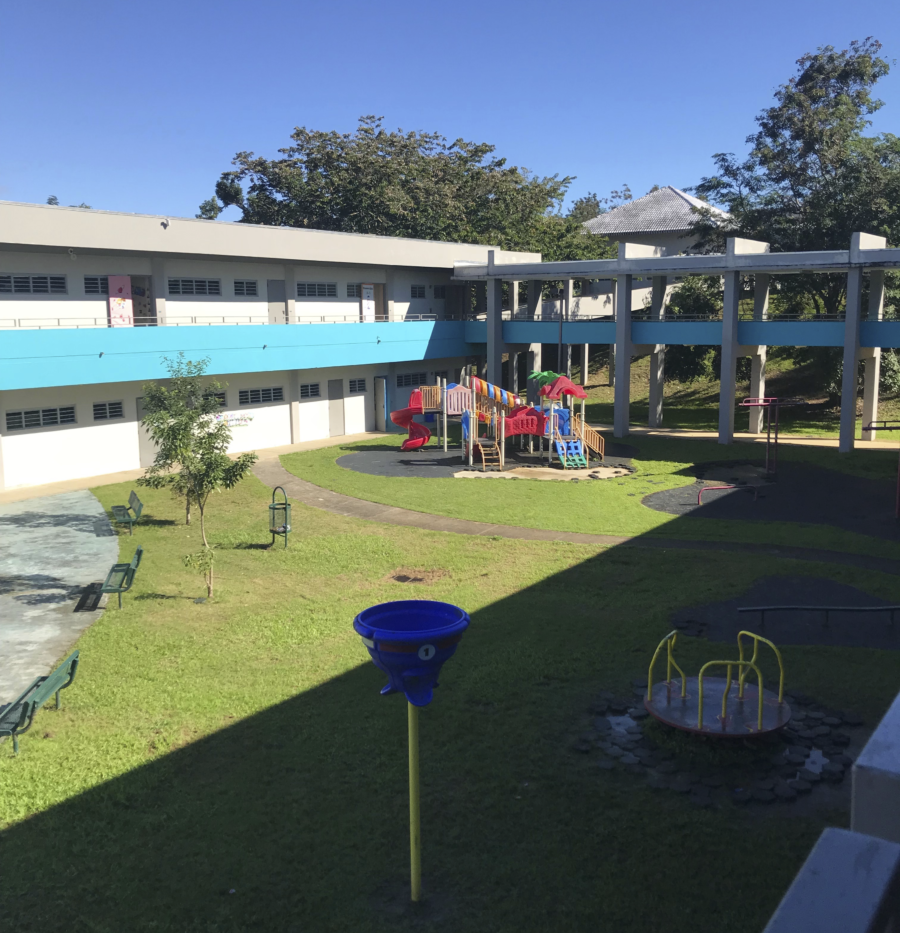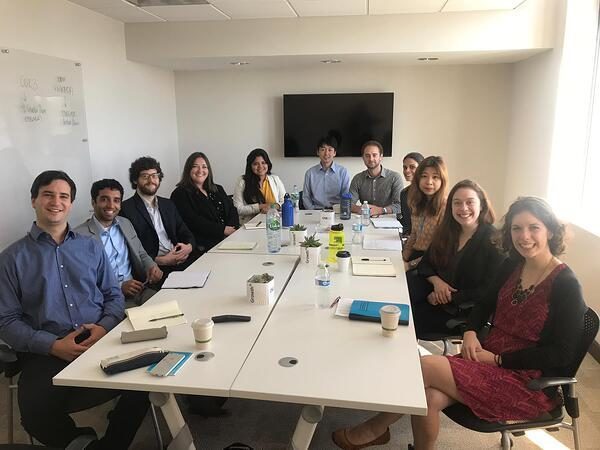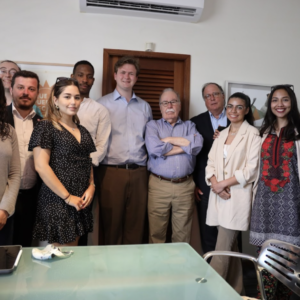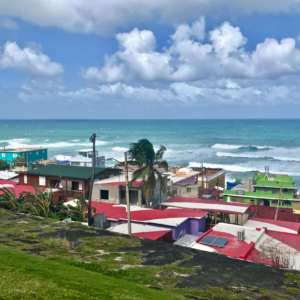
Editor’s Note: As part of our “Special Edition” Series, we are highlighting the work produced by students who participated in the January 2019 Infrastructure Policy, Management and Finance Practicum which focused on broadband accessibility. The next IPMF Practicum will depart for Puerto Rico in January 2020, when the team will explore resiliency in infrastructure, focusing on transportation, power and water.
Infrastructure Policy, Management and Finance (IPMF) Fellowship
The attached white paper is authored by a group of students who participated in a Winter Term field practicum in Puerto Rico in 2019 as part of a certificate program called the Infrastructure Policy, Management and Finance (IPMF) Fellowship. This certificate program provides students with specific knowledge and tools for working in the infrastructure space in a planning, finance, project management, and/or operations role post-graduation.
One of the requirements of the IPMF certificate is an extracurricular engagement related to infrastructure. To facilitate this experience, the Cornell Institute for Public Affairs sponsors a Winter term field practicum. This practicum provides students with the opportunity to engage with a real world infrastructure problem or challenge. Prior practicums have included Brooklyn–Queens Connector streetcar (2017) and Air Service in the Southern Tier of New York State (2018).
White Paper (Attached below)
The attached paper outlines a plan to provide Internet service to public institutions, e.g., libraries, clinics, hospitals, municipal buildings, etc., and households that are situated in municipalities that do not currently have adequate Internet service. This service will leverage the high-speed broadband infrastructure currently in place at each of the public schools in Puerto Rico and does not require extensive infrastructure improvements. Based on our research and discussions with stakeholders in Puerto Rico, our team believes the approach described in this white paper holds significant potential to address “Internet gaps” in Puerto Rico in a cost effective and rapid manner.
Acknowledgements
Participants in the 2019 IPMF Practicum Cohort, and contributors to this white paper were: Gabriela Garcia (CIPA ’20), Elisabeth Lembo (CIPA ’20), Kate Long (CIPA ’20), Al Meghji (CIPA ’19), Sebastian Molina (CIPA ’20), Kiichi Ohshima (CRP ’20), Katelyn Palumbo (CIPA ’19), Claudia Poclaba (CIPA ’20), Noah Schumer (CRP ’19), Peter Smet (CIPA ’20) and Jiayang Yang (CIPA ’20)







